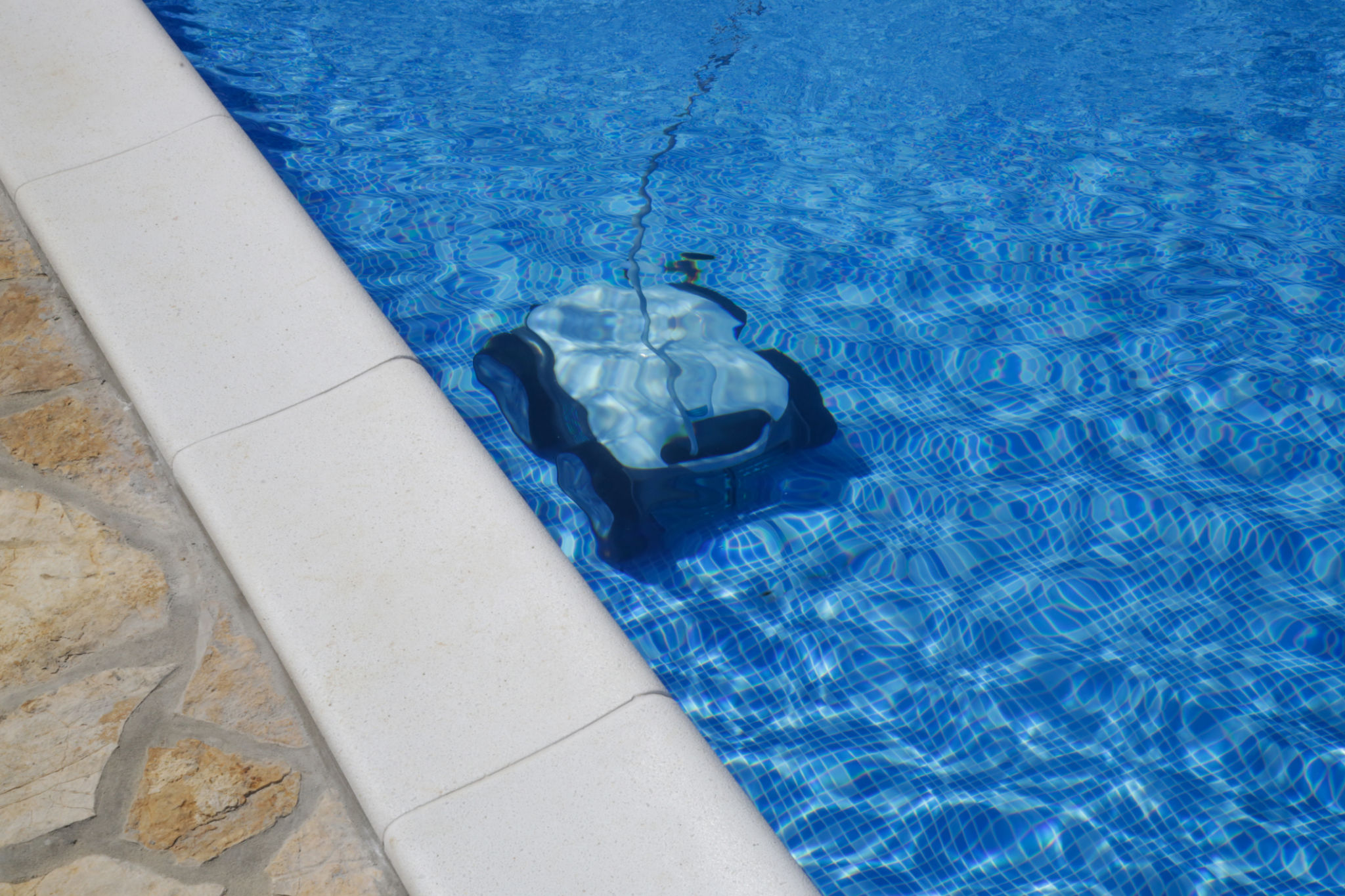How Often Should You Clean Your Swimming Area? Essential FAQ for Pool Owners
Understanding the Importance of Regular Pool Cleaning
Maintaining a sparkling and hygienic swimming area is essential for both aesthetic appeal and health safety. Regular pool cleaning not only ensures a pleasurable swimming experience but also extends the life of your pool. But how often should you clean your swimming area? Let's dive into some essential FAQs for pool owners.

Weekly Maintenance Tasks
For most pools, a weekly cleaning routine is recommended to maintain optimal water quality. This includes skimming debris from the surface, vacuuming the floor, and brushing the walls and tiles to prevent algae buildup. These tasks are vital to keep your pool looking pristine and prevent future issues.
Additionally, testing the water's chemical balance at least once a week is crucial. This involves checking pH levels, chlorine content, and alkalinity. Keeping these levels in check ensures swimmers' safety and comfort.
Monthly Deep Cleaning
While weekly maintenance covers surface-level cleaning, a more thorough cleaning process is necessary every month. This involves inspecting and cleaning the pool's filtration system, which may require backwashing or replacing filters depending on your equipment type.

Monthly deep cleaning also includes checking for any signs of wear and tear, such as cracks or leaks in the pool structure, and addressing them promptly. This proactive approach can save you from costly repairs down the line.
Seasonal Considerations
The frequency of cleaning might vary depending on the season. For instance, during fall, when leaves and debris are more prevalent, you may need to increase skimming frequency. Conversely, in winter, if your pool is covered or not in use, the maintenance routine can be less frequent but still essential to prevent stagnation.
Automatic Pool Cleaners: Are They Worth It?
Automatic pool cleaners can significantly reduce manual cleaning time by continuously removing debris from the pool. While they are a worthy investment for many homeowners, they do not replace the need for regular manual checks and chemical balance adjustments.

When deciding on an automatic cleaner, consider factors like pool size, type, and budget. They come in various models, including suction-side, pressure-side, and robotic cleaners, each with unique features and benefits.
Signs Your Pool Needs Immediate Attention
Regardless of regular maintenance schedules, certain signs indicate your pool might need immediate cleaning. Cloudy water, unpleasant odors, or visible algae are red flags that demand prompt action. Ignoring these signs can lead to more severe problems such as infections or equipment damage.
If you notice any of these issues, it's essential to address them quickly by shocking the pool or consulting a professional for assistance.
DIY vs. Professional Cleaning
While many pool owners prefer a DIY approach to save on costs, professional cleaning services can provide a thorough inspection and maintenance routine that might be challenging to achieve on your own. Professionals are equipped with specialized tools and expertise to handle complex issues that may arise.

Choosing between DIY and professional services depends on your budget, time availability, and level of expertise. A combination of both might be the best approach for maintaining a healthy swimming area.
Conclusion: Staying Consistent with Pool Maintenance
The key to a clean and inviting swimming area lies in consistency. By adhering to regular maintenance schedules and being proactive about potential issues, you ensure a safe and enjoyable environment for everyone. Remember, a well-maintained pool is not just about aesthetics but also about ensuring health and longevity.
